
No man is above the law and no man is below it
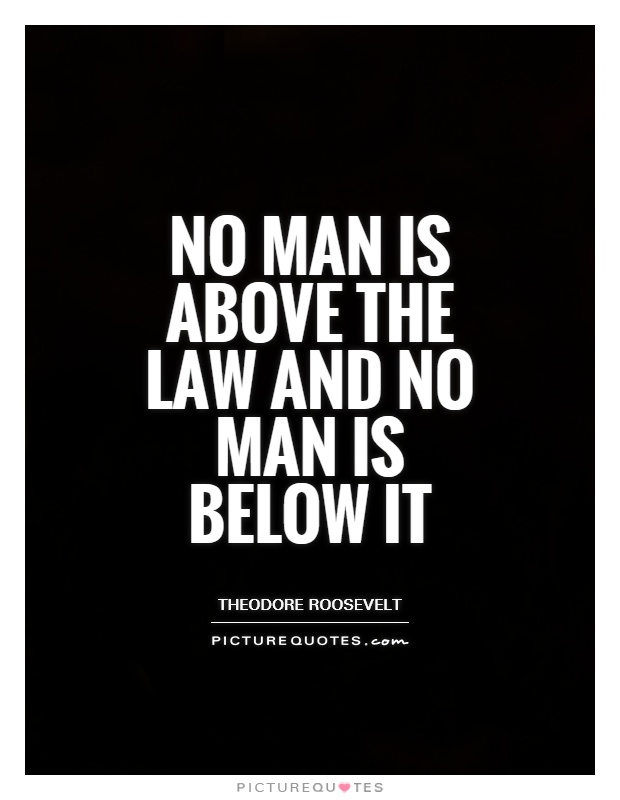
No man is above the law and no man is below it
Theodore Roosevelt, the 26th President of the United States, was a firm believer in the principle that no man is above the law and no man is below it. Throughout his presidency, Roosevelt worked tirelessly to uphold the rule of law and ensure that all individuals, regardless of their status or position, were held accountable for their actions.Roosevelt's commitment to the rule of law was evident in his efforts to combat corruption and promote transparency in government. He famously declared, "No man is above the law and no man is below it: nor do we ask any man's permission when we ask him to obey it." This statement encapsulates Roosevelt's belief that the law should apply equally to all individuals, regardless of their wealth, power, or influence.
One of Roosevelt's most notable achievements in upholding the rule of law was his trust-busting campaign, which aimed to break up monopolies and promote competition in the marketplace. Roosevelt recognized that large corporations were wielding too much power and stifling competition, and he took decisive action to hold them accountable for their anti-competitive practices. By enforcing existing antitrust laws and advocating for new legislation to regulate corporate behavior, Roosevelt demonstrated his commitment to ensuring that no man was above the law, no matter how wealthy or powerful.
Roosevelt also championed civil rights and equality under the law, advocating for the rights of marginalized groups such as African Americans and women. He appointed the first African American to serve as a presidential advisor and supported efforts to combat racial discrimination and promote equal opportunity for all Americans. Roosevelt's commitment to justice and equality was reflected in his actions as president, as he worked to ensure that all individuals were treated fairly and justly under the law.


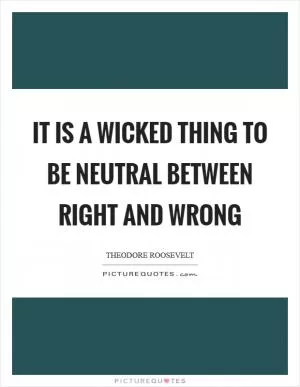

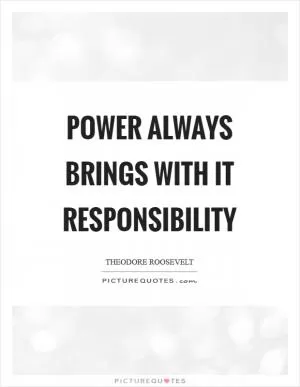
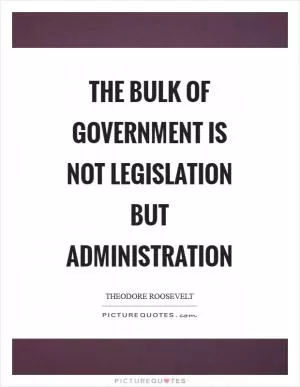




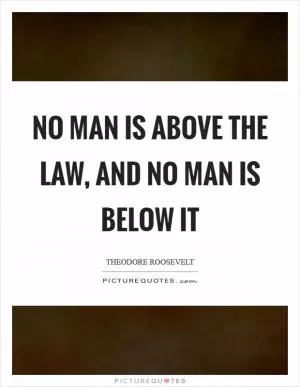

 Friendship Quotes
Friendship Quotes Love Quotes
Love Quotes Life Quotes
Life Quotes Funny Quotes
Funny Quotes Motivational Quotes
Motivational Quotes Inspirational Quotes
Inspirational Quotes